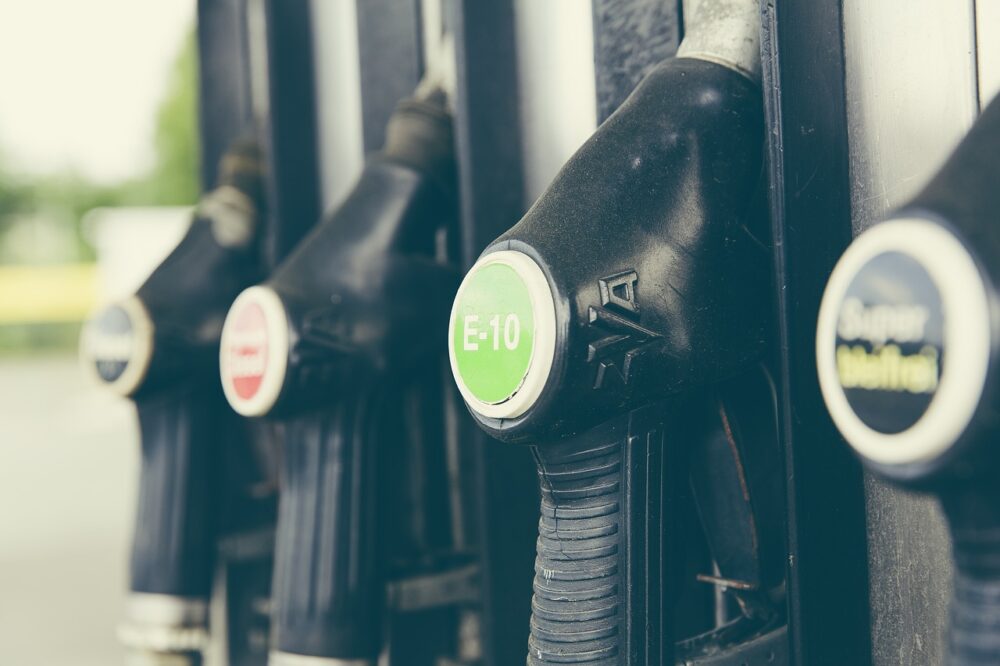Why Supermarket Fuel Cards Are Challenging Traditional Providers in the Business Fuel Market

In recent years, the business fuel market has seen a significant shift with the introduction and growing popularity of supermarket fuel cards. Traditionally dominated by oil company-branded fuel cards, this market is now experiencing disruption as supermarkets leverage their extensive networks and customer base to offer competitive fuel card services. Here’s why Welsh business owners should consider choosing one:
Competitive Pricing and Discounts
One of the most attractive features for businesses when choosing to use a supermarket fuel card is the competitive pricing. Supermarkets often have the flexibility to offer lower fuel prices due to their large-scale operations and diverse revenue streams. Unlike traditional fuel companies that rely primarily on fuel sales, supermarkets can subsidize fuel costs with profits from their other retail operations. Additionally, supermarket fuel cards often come with loyalty programs and discounts that can significantly reduce fuel expenses for businesses.
Extensive Network and Convenience
Supermarkets have a widespread presence, often located in both urban and rural areas. This extensive network makes it convenient for businesses with a geographically diverse workforce to refuel without significant detours. The convenience of having fuel stations at regular shopping destinations also means that drivers can combine refuelling with other errands, saving time and increasing efficiency.
Integrated Business Solutions
Supermarket fuel cards are not just about discounted fuel; they offer integrated business solutions that appeal to companies of all sizes. These cards often come with online account management tools, detailed reporting, and expense tracking features that simplify administrative tasks. Businesses can monitor fuel consumption, manage budgets, and streamline invoicing processes with these comprehensive solutions, which were traditionally the strong points of dedicated fuel cards.
Increased Competition and Innovation
The entry of supermarkets into the fuel card market has spurred competition, driving innovation and improved services across the board. Traditional fuel card providers are now forced to rethink their pricing strategies, loyalty programs, and technological offerings. This increased competition benefits businesses as it leads to better services, more choices, and potentially lower costs.
Sustainability and Environmental Initiatives
Supermarkets are also leveraging their fuel card offerings to promote sustainability. Many supermarket chains have committed to reducing their carbon footprint and offer incentives for using alternative fuels and electric vehicle charging stations. This focus on sustainability resonates with businesses that are increasingly looking to reduce their environmental impact and align with green initiatives.
Flexibility and Accessibility
Supermarket fuel cards are typically easier to obtain than traditional fuel cards, which often require lengthy credit checks and contract commitments. This accessibility makes them an attractive option for small and medium-sized enterprises (SMEs) that need flexible fuel solutions without the administrative burden.
Challenges and Considerations
Despite their advantages, supermarket fuel cards are not without challenges. The main drawback is that they are limited to the supermarket’s fuel stations, which may not always be conveniently located for all businesses. Additionally, while the cost savings can be significant, they are often tied to specific loyalty programs or spending thresholds that may not suit every business model.
Conclusion
Supermarket fuel cards are redefining the business fuel market by offering competitive pricing, convenience, and integrated business solutions. Their entry into the market has driven competition, leading to better services and more choices for businesses. As supermarkets continue to innovate and expand their fuel card offerings, it is likely that their impact on the business fuel market will continue to grow, providing companies with cost-effective and efficient fuel management options.
In the ever-evolving landscape of business fuel solutions, supermarket fuel cards represent a significant shift towards more flexible, affordable, and convenient options, challenging the status quo and setting new standards in the industry.




